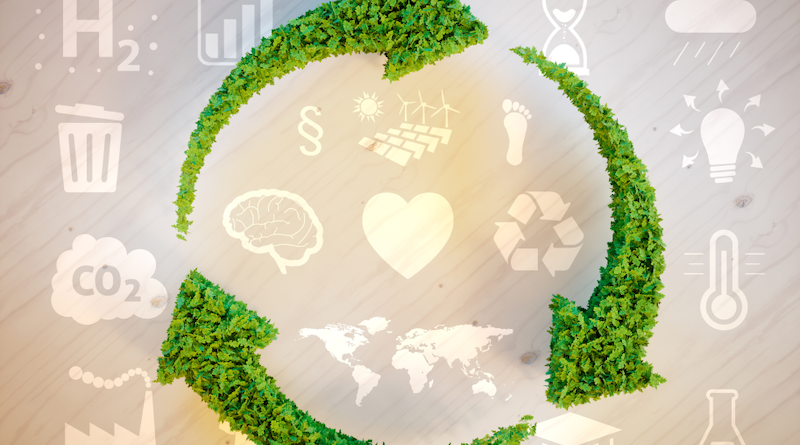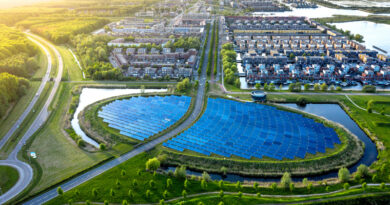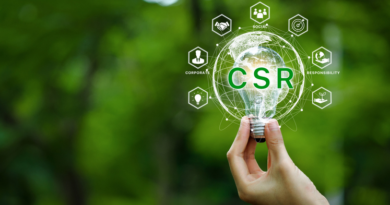
A climate neutral, resource efficient and circular economy
If the whole world would consume like an average European, we would need three planets to satisfy our consumption. A transition to climate neutral, resource efficient and circular economy would bring us closer to our planetary boundaries – the one planet that we actually have. In addition, it would benefit our economies and increase our GDPs.
Transition to a circular economy is not only about environmental sustainability, but there is also a real economic reason and benefit. We have limited amount of natural resources and the sustainability challenge is enormous. The competition for the scarce resources is intensifying every day, making the one who is able to produce the most goods from the least resources, the winner.
The EU has the information, knowledge, research and innovation on circular economy, and we consider ourselves the global leader in the field. A well-functioning, union-wide common circular economy has a huge importance for the strategic autonomy of the EU.
With circular economy, we would ensure that our economies are future-oriented, resource-efficient and self-sufficient. In addition, circular economy has a potential to increase the EU GDP by 0.5 percentages and create more than 700 000 new jobs by 2030.
Green technologies, renewable energy production and energy storage require a large amount of rare raw materials. The EU action plan for critical raw materials recognises this while stresses that the majority of these raw materials are in the hands of states outside the Union borders, giving the competitors a competitive advance over the EU. With a full circulation of critical materials, we ensure that our green transition is not fully dependent on the global markets of these scarce resources.
During my political career in the European Parliament, I have been working to promote circular economy policies and to facilitate the market development of circular processes and innovation. We need more ambitious policies to facilitate the transition towards fully circular economy, to promote the best available techniques, to promote sharing economy, and to eliminate unsustainable practices based on the linear economic model. We also need to tackle the issues of greenwashing while protecting the consumers from misinformation, and guide their consumption habits towards more sustainable ones.
Up to 80 percent of the environmental impacts of products are defined during the design phase, which is why the early stages of the product design play a crucial part in combatting the products full life-cycle environmental impacts. Ecodesign for sustainable products regulation, which is currently under the Parliament consideration, will play an important part of how our products will be designed in the future.
We have to ensure that our products are designed in a way that their life cycle is as long as possible, and in the end, they are reusable and recyclable. In other words, we need to “design out waste”.
We cannot afford to enable unsustainable products to enter the market, such as products designed to break down after a certain time just to force consumers to buy a new one. Ecodesign regulation needs to set clear and ambitious standards for the durability, reusability, reparability, upgradability, recyclability, resource and energy efficiency, and non-toxicity.
Another important piece of EU legislation currently under the Parliament consideration is the revision of the Construction products regulation. Buildings and construction constitutes around 40 percent of the Union energy consumption and around 50 percent of the Union material consumption, making the sector a key one in reaching the EU climate and biodiversity goals, and to ensure the transition to circular economy. Like in Ecodesign directive, the overall environmental impact of construction products needs to be assessed throughout their life cycle. This information shall also be available for consumers, recyclers, repairers, and re-users in a form of product passports. We need to set clear standards to harmonise our circular construction product regulations, to facilitate the development of the common European market for construction products and to enable green materials and production methods to get ground.
The EU economy needs to be fully respecting our planetary boundaries by 2050. This is essential in order to reach EU climate and biodiversity goals, and the strategic autonomy.
A paradigm shift to transition from a linear economy to climate neutral, resource efficient, closed-loop circular economy is a way to get there. However, we do not have unlimited time and the change needs to accelerate. The window of opportunity is short – less than 30 years. During this time, we need to multiply our efforts and increase resource efficiency tenfold. We need produce the same welfare for people, better competitiveness for our industries and profits for our companies with a tenth of the resources we are currently using. We are in a hurry, let’s not waste any more waste.




